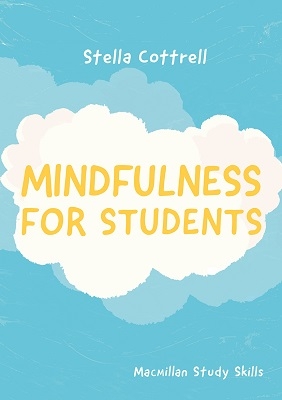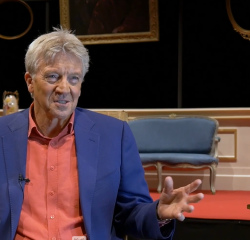Vocabulary is a matter of word-building as well as word-using. David Crystal

When you encounter a new word, do you:
-
Take pleasure in coming across it?
-
Look up the meaning so you can be confident you are using it correctly?
-
Put it into a memorable sentence to make it easier to recall?
-
Think about some contexts or assignments where you could make good use of it?

When you encounter a new word, do you:
-
Take pleasure in coming across it?
-
Look up the meaning so you can be confident you are using it correctly?
-
Put it into a memorable sentence to make it easier to recall?
-
Think about some contexts or assignments where you could make good use of it?

A good vocabulary helps you to recognise the meaning of a sentence more quickly and to absorb new concepts and ideas. With it, you can shape your thoughts and communicate your ideas more clearly. Using the correct word brings greater precision to your work, helping your reader or listener to understand exactly what you mean.
At university, and in the workplace, specialist vocabulary is used with purpose: to convey particular ideas in a precise way. Each word is used because it has a specific meaning; using another word would change the intended meaning.
A good vocabulary helps you to recognise the meaning of a sentence more quickly and to absorb new concepts and ideas.
With it, you can shape your thoughts and communicate your ideas more clearly. Using the correct word brings greater precision to your work, helping your reader or listener to understand exactly what you mean.
At university, and in the workplace, specialist vocabulary is used with purpose: to convey particular ideas in a precise way. Each word is used because it has a specific meaning; using another word would change the intended meaning.
Pause for thought
What could you do to build your word power?
More from Bloomsbury

Feeling inspired? Give your brain and study a boost with Mindfulness for Students, by Stella Cottrell.

Take a look at this page from the Writing skills module, on words to support your line of reasoning.
There you will see how vocabulary can help signal the direction of an argument to the reader.



